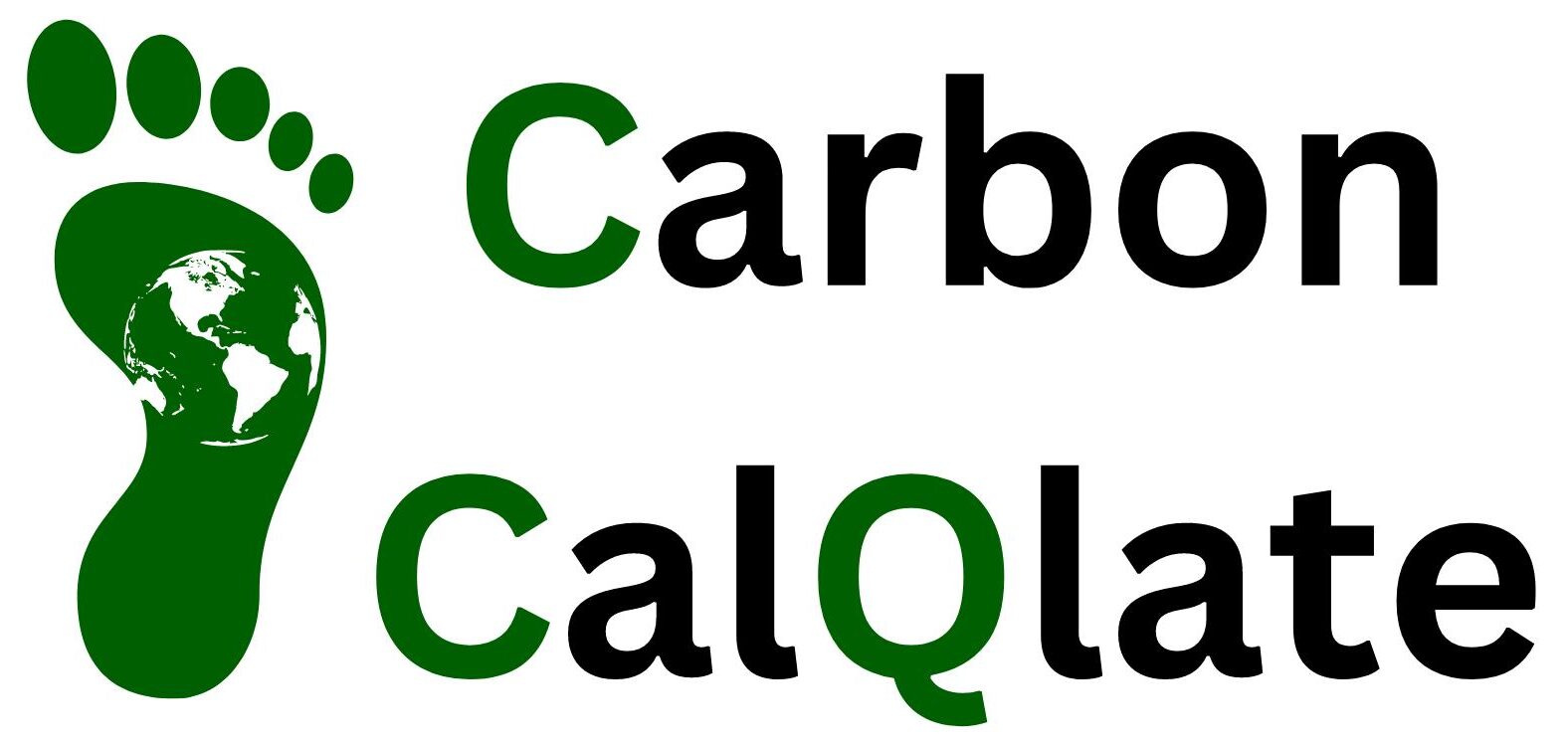Taking Plastic Recycling to New Heights in Japan
A Japanese company, Environment Energy, is gearing up to launch a groundbreaking venture in 2025 that could drastically change the plastic recycling landscape. With its advanced HICOP (High-efficiency Oil Production) technology, the firm aims to process 20,000 tons of plastic annually, transforming discarded plastic into crude oil.
Suji Noda, CEO of Environment Energy, highlights their mission: “Our core purpose is to foster a circular economy where waste becomes a resource for new materials.” This initiative not only addresses waste management but also promotes sustainability.
The HICOP method employs a technique known as catalytic cracking, which breaks down plastic molecules at high temperatures, around 450°C. This process, common in petroleum refining, offers a safer and more efficient alternative to traditional methods like pyrolysis, which also decomposes plastic but requires even higher temperatures.
Unlike conventional mechanical recycling, which merely breaks down plastics for repurposing, chemical recycling through HICOP disassembles plastics into their fundamental components. This allows for a broader range of applications and the production of higher-quality end products.
One of the key advantages of HICOP is its ability to process mixed plastic wastes with little contamination. It can even handle challenging materials like PVC, thanks to its dechlorination capabilities, making it a versatile and promising solution in the recycling industry.
The flexibility of HICOP is essential in real-world applications where sorting plastic waste is a significant challenge. By overcoming these obstacles, HICOP’s innovative approach is poised to be crucial in the battle against plastic pollution.
As Environment Energy leads with this pioneering technology, the potential for a transformative impact on global plastic recycling efforts is immense.

